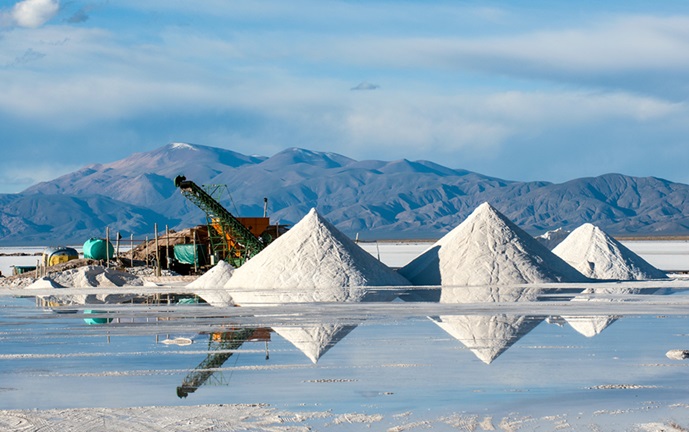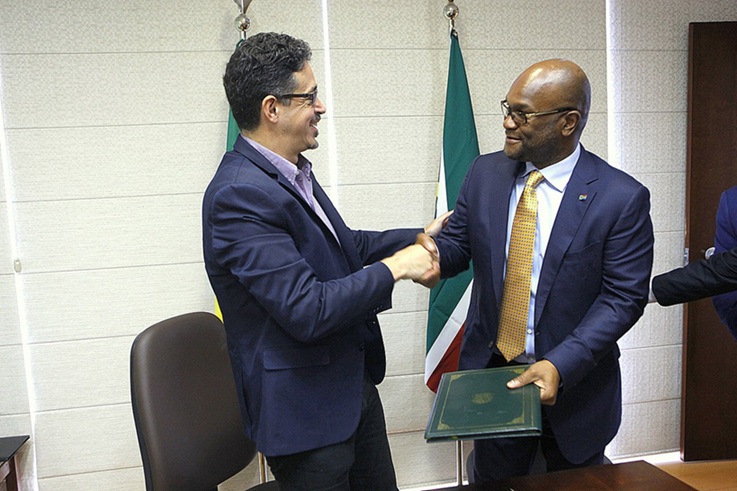In the vast, rugged expanse of Argentina’s northwestern region lies a treasure coveted by the world’s energy giants: lithium. This mineral, crucial for powering the electric vehicle revolution, has turned this remote area into a hotbed of international interest and investment.
Saudi Arabia, keenly aware of Argentina’s pivotal role in lithium production, recently sent a delegation to the province of Catamarca to explore potential projects. This move underscores the strategic significance of Argentina, Chile, and Bolivia—the three countries forming the Lithium Triangle—where more than half of the world’s lithium reserves are found.
Chile has long been at the forefront of lithium extraction, with operations dating back to the 1980s. Argentina, on the other hand, joined the race in 1997 and has since ramped up its efforts, attracting investors from France, South Korea, Australia, Canada, the US, Japan, and China.
Victor Delbuono, a natural resources researcher, notes that while Argentina’s current lithium capacity is lower than Chile’s, its investor-friendly approach sets it apart. Unlike Chile and Bolivia, which have imposed restrictions, Argentina welcomes foreign investors with open arms.
Chinese investment looms large in Argentina’s lithium landscape, with Chinese entities expected to control half of all ongoing projects in the near future. This influx of capital has fueled a lithium boom in Argentina, with new projects coming online in recent years and more in the pipeline.
Diego Cons, from the Argentine Chamber of Mining Suppliers, highlights the country’s attractiveness to investors, citing 39 projects currently in progress and several more set to begin in the next few years. He emphasizes the need for reliable information for potential investors, essential for making informed decisions.
Jorge Pena, a consultant at Lithron, sees potential for Saudi investors to engage in joint ventures with provincial companies, particularly in regions rich in lithium deposits like Catamarca. He also notes that infrastructure development, including roads and transmission lines, will be crucial to support the growing lithium industry.
Despite the promising prospects, challenges remain. Indigenous groups and local residents in provinces like Jujuy have voiced concerns over water scarcity and environmental impact. Delbuono stresses the importance of sustainable development and transparent operations to address these concerns.
Argentina’s economic instability poses another challenge, but the influx of foreign investment could help stabilize the economy. With the right approach, Argentina could emerge as a global leader in the energy transition, offering lucrative opportunities for investors and driving sustainable development in the region.
(Source: Arab News)









